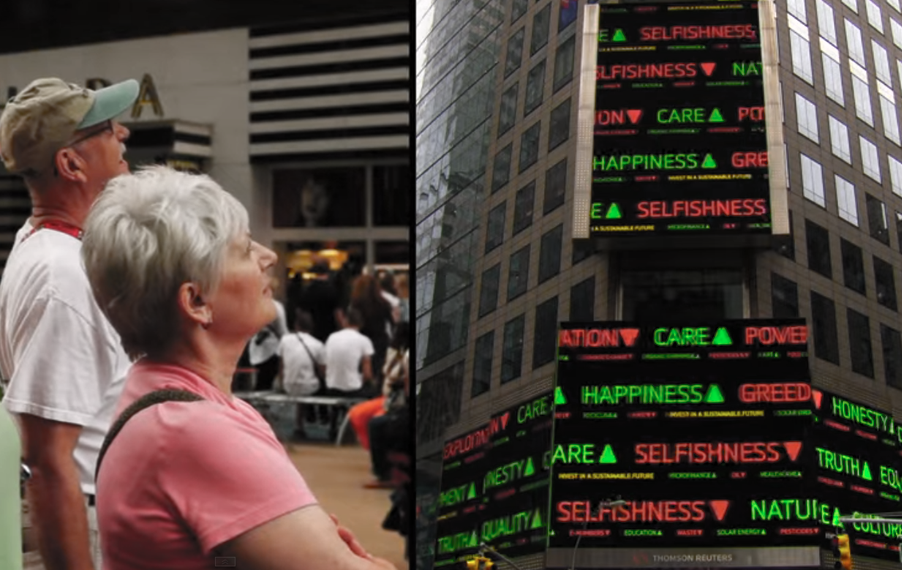Triodos Bank is a bank with a difference. While many banks are claiming to be very responsible socially in their provision of financial services, Triodos Bank really does offer a sustainable approach. Have you ever heard of a bank that seeks to make money work for positive change? Have you ever heard about sustainable banking? Well, this is what Triodos Bank has set out to do.
The Mission of Triodos Bank
Triodos is considered to be Europe’s leading ethical bank. It has a mission of creating a society that protects and promotes the quality of life of all of its members. It aims to help individuals and organisations to use money to benefit both people and the environment in a sustainable manner. But at the same time it does the important tasks that a bank usually does to, of providing good and innovative financial products as well as high quality service.
Though you may not have been aware of its existence the Triodos Bank emerged in 1980, following a Triodos Foundation that was set up in 1971. The company was set up with a banking license from the Dutch Central Bank and it began operations in the Netherlands. It created its first green fund in 1990 and expanded to international borders by opening a branch in Belgium in 1993. By 1995 it was operating in the United Kingdom. Since then the bank has also created operations in Spain, Luxembourg and Germany. It opened its international headquarters in the Netherlands in 2006.
The differentiating factors that distinguish Triodos from its competition are threefold. One is that the organisation has a sustainable business model. It only lends money that is entrusted by savers and investors to entrepreneurs that it works to know well. It will not invest in areas of high risk that promise greater profit, and instead focuses on a solid and stable approach. The second is that the organisation argues that it is “Positively 100% sustainable”. It only lends to people and companies that really, genuinely want to make the world an improved place. It looks out for organisations that are grounded in sustainable values and ideas and it will not offer to help businesses that may create harm. The third is that it is entirely transparent. This means that both investors and savers can really see where their money goes.
The businesses that Triodos Bank helps enable it to finance change and change finance all at the same time. In terms of the environment, its strong belief is that profitability is not only realised by causing damage to the environment. As such it focuses on financing organisations that are focused on activities like organic food and farming, as well as renewable energy and recycling companies. It also supports activities like nature conservation initiatives. As well as this, in terms of social change, it finances businesses that work to change the inequality and injustice that is faced in society. This means that it works in particular with innovative fair trade companies and providers of social housing, as just two examples. The third area that it focuses on with its activities is culture. As it states:
“Triodos Bank believes that culture is a powerful force for positive change, driving creativity and innovation in business and providing lasting opportunities for personal development.”
As such it focuses on helping entrepreneurs including educational centres and places of retreat as well as spiritual groups.
Triodos Bank Business Principles
To guide it in all that it does, Triodos Bank has put in place some business principles. This helps it to make decisions that support its sustainability. They are applicable to all employees of the bank, and are considered to be a “code of conduct”. The first is that they will promote sustainable development and will consider the social, environmental and financial impact of all that they do. The second is that in every country where they do business they will respect and obey the law. The third is that they will respect human rights of individuals. This includes considering different societies and cultures and specifically it supports the aims of the United Nation’s Universal Declaration of Human Rights. Another principle is that it will be accountable to anyone for anything that it does. Finally it aims to continually improve by always seeking new and better ways to do things across the business.

Paula Newton is a business writer, editor and management consultant with extensive experience writing and consulting for both start-ups and long established companies. She has ten years management and leadership experience gained at BSkyB in London and Viva Travel Guides in Quito, Ecuador, giving her a depth of insight into innovation in international business. With an MBA from the University of Hull and many years of experience running her own business consultancy, Paula’s background allows her to connect with a diverse range of clients, including cutting edge technology and web-based start-ups but also multinationals in need of assistance. Paula has played a defining role in shaping organizational strategy for a wide range of different organizations, including for-profit, NGOs and charities. Paula has also served on the Board of Directors for the South American Explorers Club in Quito, Ecuador.












